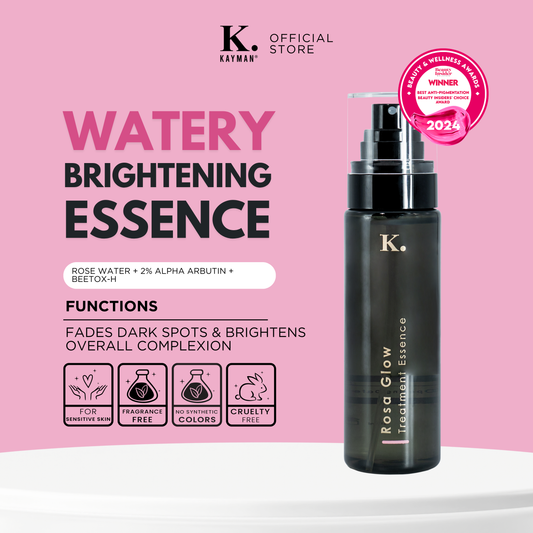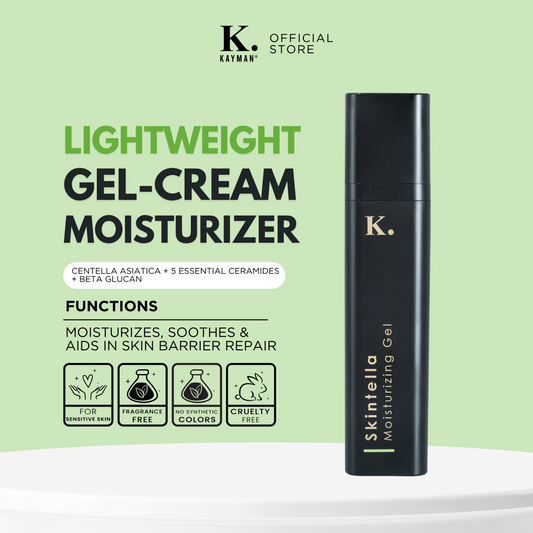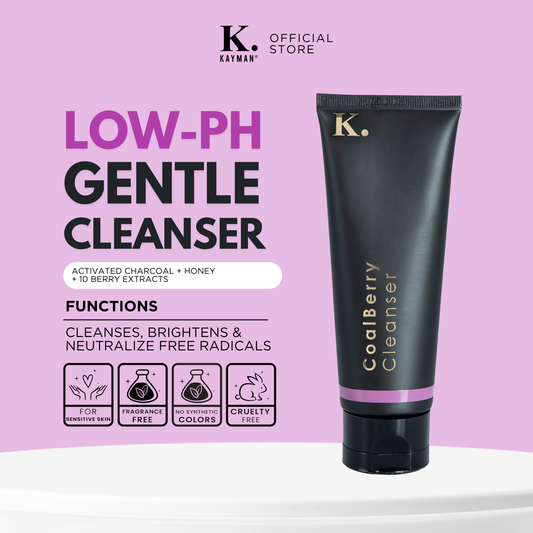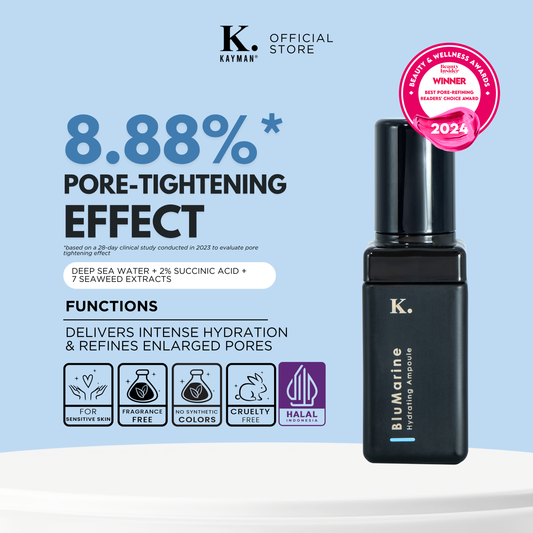When browsing websites or skincare aisles at your local drugstore, you’ll see products with the words “hydrating” and “moisturizing” on the label. Although these terms seem similar, they indeed serve different purposes when it comes to the skin.
Hydrators and moisturizers both address the significance of ensuring that the skin gets all the water it needs, to prevent dryness and dehydration, premature signs of aging and environmental damage, among other things.
So, what does the difference boil down to?
HYDRATION
Hydration basically increases water content within the cells, causing them to “swell” and become plump and bouncy, thus increasing its ability to reflect light. This is what gives our skin that glowing, dewy look. Lack of water, on the other hand, will lead to dehydration which then causes skin cells to shrivel, translating to skin that appears dull and lacklustre.
Topical hydrators usually contain humectants that work to attract moisture from the air and deeper layers of the skin. It then saturates the moisture at the upper layer of the skin (stratum corneum). The presence of humectants such as hyaluronic acid, aloe vera and sodium PCA will help to infuse skin cells with water, improving the skin’s ability to absorb moisture and nutrients from other skincare products.
MOISTURIZATION
Our skin is enforced with a natural lipid barrier which protects itself from damage and water loss. However, due to a variety of environmental stressors, it may need some extra reinforcement. This is where moisturizers come into play.
Moisturizers help form a protective barrier to further prevent water loss. It helps in reducing the amount of water that evaporates from the skin, to minimize transepidermal water loss (TEWL). TEWL is a natural process, but excessive TEWL can result in unfavourable skin conditions such as dehydration, dryness and irritation.
Both moisturizers and hydrators work hand in hand to ensure that our skin receives and retains the moisture it needs. You can use both in your skincare routine – just make sure you apply hydrators first and moisturizer second!

HOW TO PICK THE RIGHT HYDRATOR OR MOISTURIZER?
Natural humectants such as hyaluronic acid, aloe, honey, panthenol and marine extracts allow the skin to improve its ability to keep itself hydrated over time. Synthetic humectants like glycerin, urea and propylene glycol are also some of the ingredients you want to keep an eye out for when choosing your hydrator.
Humectants, or hydrating ingredients, are generally great for all skin types. As for moisturizers, there are tons of options in terms of formula and ingredients. A good moisturizer has the perfect balance of humectants, emollients and/or occlusive ingredients.
In Malaysia, where the weather is warm & sweaty all year round may call for a lightweight gel or light lotion. However, if you have drier skin or are exposed to a cold and dry environment over an extended period of time, such as at the office or in the classroom, you may need a moisturizer with a richer formulation. This would contain ingredients such as ceramides, plant oils or butters. These ingredients are known not only for their moisturizing and nourishing effects but also for their ability to counter signs of aging and free radical damage.
A lightweight moisturizer, often in the form of a gel, gel cream or emulsion, works best for those with oily, acne-prone skin. They usually contain less oil and more water. A lotion will do fine for those with combination skin while heavier creams are best for dry skin types. However, choosing a moisturizer ultimately depends on your preference as well as skin tolerance. You may use any type of moisturizer as long as it works well on your skin!


To summarize, hydration is about the water content of the skin, whereas moisturization is about the skin’s ability to retain water molecules. Our skin needs both elements to maintain optimum levels of moisture and prevent excessive TEWL. Hydrators and moisturizers should be applied every morning and night for best results.
XOXO,
Bunny & Fiqah.












